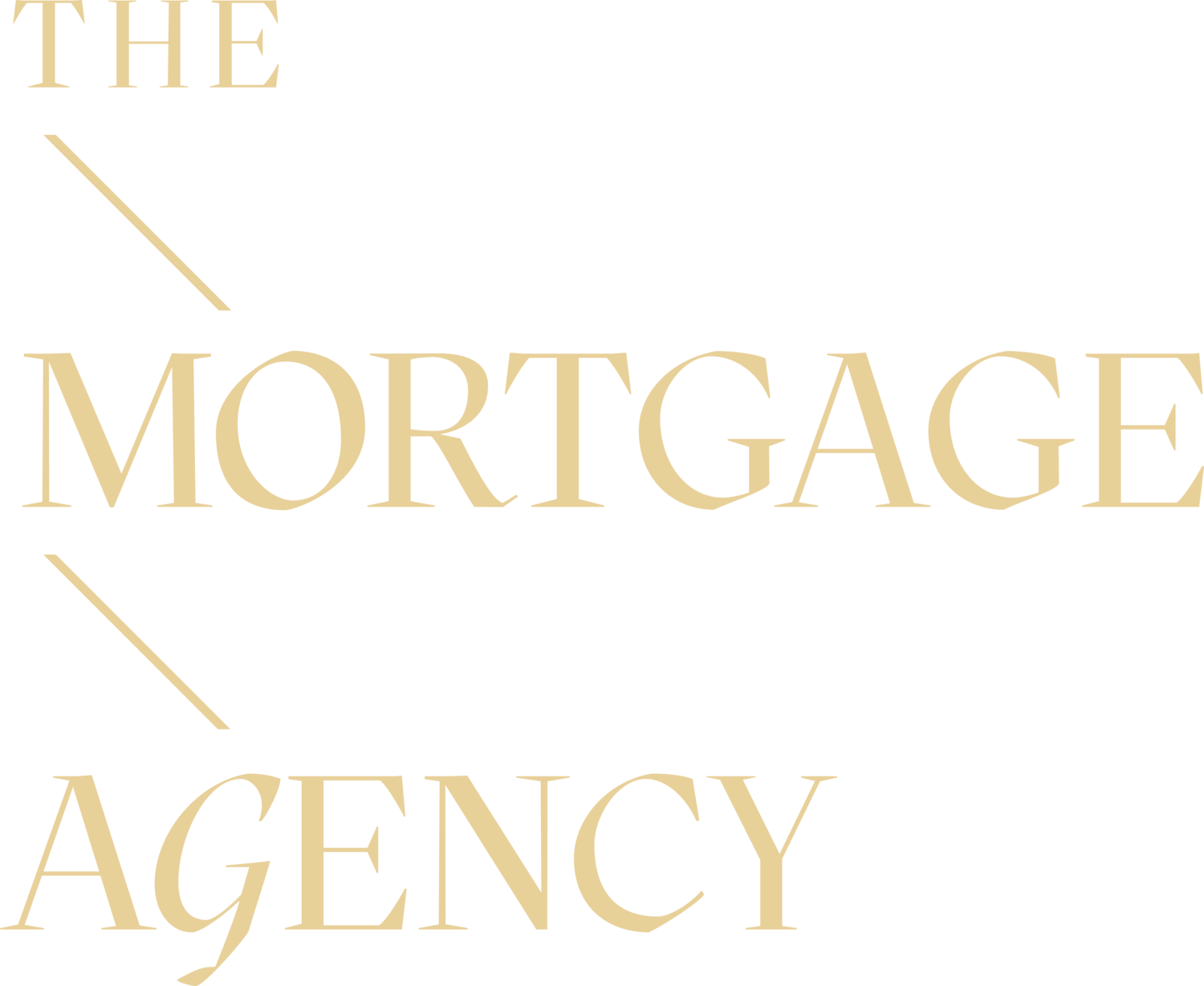How to finance an investment property in Vaughan, Ontario
Financing investment properties in Ontario is similar to obtaining a mortgage for a primary residence, but there are some key differences and considerations to be aware of. Here are some essential points to keep in mind before considering investing in real estate in the province of Ontario.
Down Payment:
Generally, the minimum down payment required for an investment property is higher than that for a primary residence. In Canada, for properties valued under $500,000, the minimum down payment is 20%. For properties valued between $500,000 and $1 million, the down payment required is 20% for the first $500,000 and 30% for the remaining amount. Properties valued over $1 million require a 35% down payment.
Interest Rates:
Interest rates for investment properties can be slightly higher compared to those for primary residences. Lenders typically view investment properties as riskier, which may result in a slightly higher interest rate.
Rental Income:
Lenders may consider a portion of the rental income from the investment property when calculating your borrowing capacity. However, the treatment of rental income can vary between lenders, and they may apply a rental offset, which means not all of the rental income will be used for qualifying.
Debt-to-Income Ratio:
Lenders will assess your debt-to-income ratio, which compares your monthly debt obligations to your income. A lower debt-to-income ratio is generally more favorable for obtaining financing.
Cash Reserves: Lenders may require you to have additional cash reserves or a contingency fund to cover unexpected expenses related to the investment property.
Number of Properties:
Some lenders may have restrictions on the number of investment properties you can finance through them. If you plan to own multiple investment properties, it's essential to discuss this with potential lenders.
Property Type:
The type of investment property can also affect financing options. For example, financing a multi-unit property may have different requirements compared to a single-family home or a commercial property.
When you want to purchase a triplex as an owner-occupant, the minimum down payment, with mortgage insurance, is 10% of the purchase price. Once again, if you do not intend to live in the triplex or to avoid mortgage insurance fees, you may require a downpayment of 20%.
Many lenders consider properties 1-3 apartments as residential, and 4 or more units as commercial. When investment types change from residential to commercial, this will impact the interest rate and downpayment.Credit Score:
Your credit score is a numerical representation of your creditworthiness, which is used by lenders and creditors to assess how likely you are to repay debts and loans responsibly. Having a good credit score is essential for various financial activities and can significantly impact your ability to access credit and the terms you'll receive.
Pre-approval:
Getting pre-approved for a mortgage can give you a better understanding of how much you can afford and demonstrate to sellers that you are a serious buyer.
It's essential to work with a mortgage broker or a financial advisor who is experienced in real estate investment to help you navigate the complexities of financing an investment property. They can provide guidance, help you compare offers from different lenders, and assist you in finding the best financing option for your investment goals.
